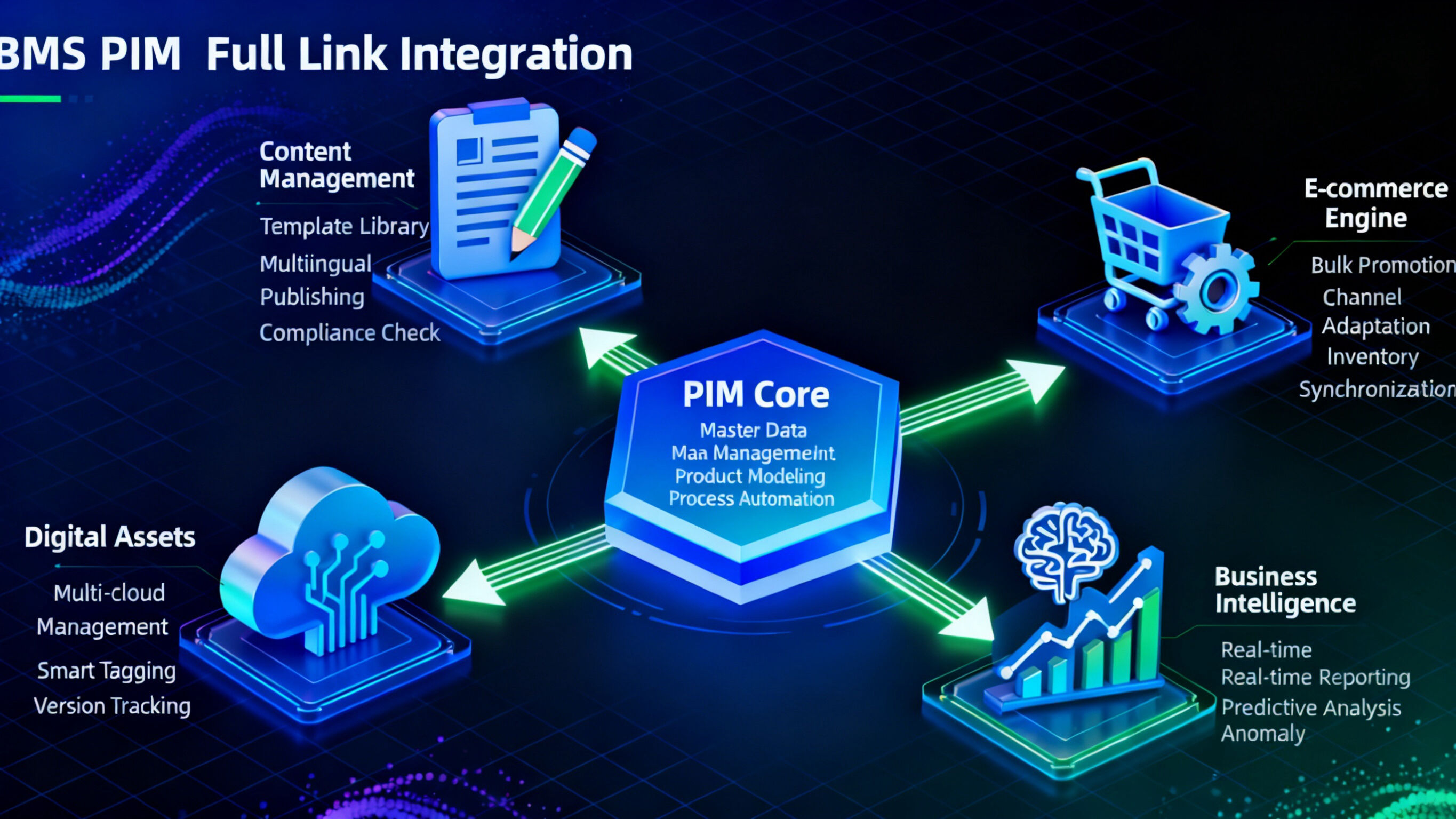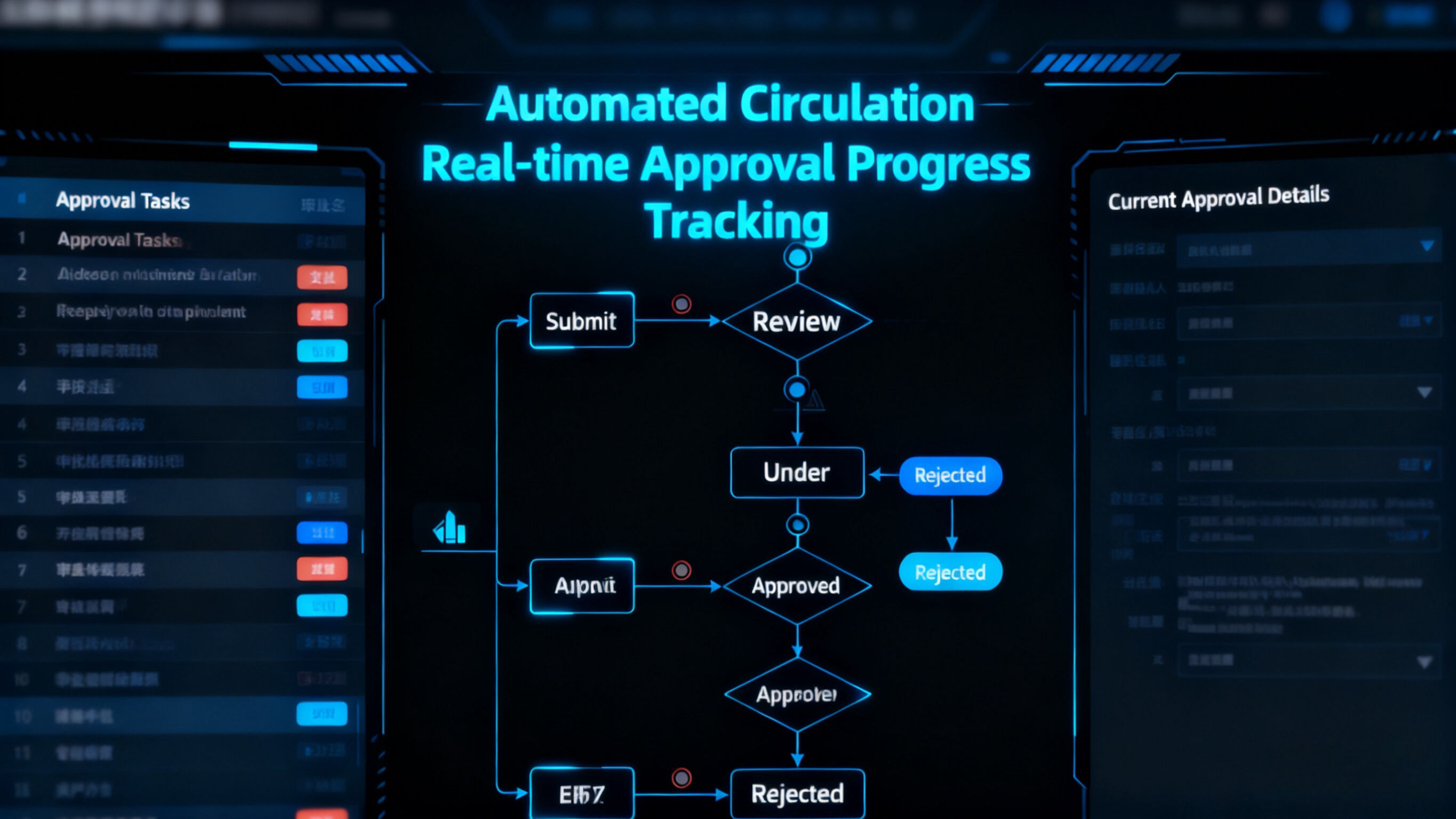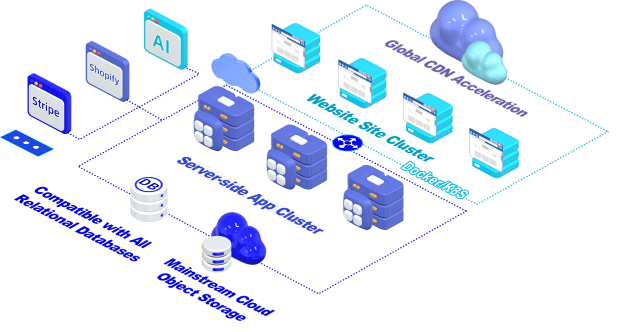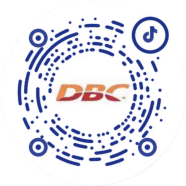 Mon-Fri, 9:00-17:00 (Beijing Time, UTC+8)
Mon-Fri, 9:00-17:00 (Beijing Time, UTC+8)Frontier Insights
We are dedicated to advancing the technology industry and sharing expertise in technical, business, and cultural domains.
We are dedicated to advancing the technology industry and sharing expertise in technical, business, and cultural domains.
BMS DXP PIM E-commerce Integration: End-to-End Collaboration Empowers Cross-Border E-commerce with Deep Shopify Compatibility
Publication date: October 24, 2025
In cross-border e-commerce operations across multiple markets and omnichannel platforms, enterprises often face challenges such as "decentralized product information management, disconnection between digital assets and e-commerce processes, and difficulties in multi-language compliance adaptation" — for example, a consumer electronics brand needs to maintain product information across six platforms including Amazon and Shopify, requiring three days of manual synchronization each time, and still risks platform delisting due to "specification errors or omissions" and "outdated materials". However, Bravo Marketing Suite (BMS), with "PIM at its core, integrates digital assets, e-commerce engine, and content management" into a full-chain intelligent e-commerce platform management - DBC, not only resolving these pain points but also providing dedicated synchronization capabilities for Shopify, empowering enterprises to expand overseas efficiently.

1. PIM + Digital Assets: Breaking the "Information-Materials" Silo to Achieve Unified Multi-Cloud Management
BMS deeply integrates PIM with the digital asset module to solve the core issue of "asynchronous product information and images/videos" in e-commerce operations. Its digital asset module supports multi-cloud integration with Alibaba Cloud, AWS, etc., allowing direct access to assets within the PIM system without migration — for instance, when an operator enters PIM information (specifications, selling points) for "wireless earbuds", they can instantly retrieve "white-background main images and disassembly videos" from DAM; updated materials are automatically synchronized to associated products, ensuring consistency of "information-materials" across all channels. Additionally, online editing enables direct cropping of e-commerce main images and adding promotional text without switching to third-party tools, improving operational efficiency by 60%.
2. PIM + E-commerce Engine: Closing the "Product-Order" Loop with Deep Shopify Integration
BMS’s e-commerce engine natively connects with PIM, integrating product management and order inventory functions, while offering comprehensive "field-material-data-promotion" synchronization capabilities tailored for Shopify:
1. Automatic Field Mapping: Precisely matches Shopify fields such as "Product Title", "Variant Details", and "Metafields"; key selling points from PIM are automatically converted into Shopify's "Product Description" (supporting HTML formatting), and "size/color variants" are directly synced to Shopify's "Variants" module without manual format adjustments;
2. Seamless Material Sync: DAM materials linked in PIM (main images, detail images, short videos) are automatically synced to Shopify's media library and sorted according to Shopify rules (e.g., setting white-background image as first), avoiding human sorting errors;
3. Real-Time Data Integration: Inventory and price changes in PIM sync to Shopify within 10 seconds — if stock of "black M-size T-shirt" drops below 5 units in PIM, Shopify automatically displays "low stock alert"; price updates are immediately reflected, eliminating "price inversion";
4. Promotion Rule Adaptation: Promotions set in PIM such as "$50 off $200 purchase" and "second item half price" are automatically converted into Shopify's "Discount Codes" or "Automatic Discounts", eliminating duplicate setup in Shopify backend.
A cross-border apparel brand using this feature improved new product launch efficiency by 90%, completing Shopify product creation, material sync, and inventory setup within one minute, with zero instances of "variant information errors". For more details on the e-commerce engine, see: Intelligent E-commerce Platform Management - DBC.
3. PIM + Content Management: Multi-Language Compliance Adaptation for Effortless Global Expansion
To meet diverse international market demands, BMS PIM leverages the "multi-language, multi-country" capabilities of its content management module for localized adaptation. The system supports auto-generation in over 100 languages, with AI checking local expressions (e.g., avoiding taboo words in Middle Eastern markets). For example, when expanding into Thailand, "water-resistant" is automatically translated into Thai and adapted to Lazada platform language rules. A built-in compliance detection engine automatically checks whether PIM data meets target market regulations (e.g., EU CE certification labeling), reducing delisting risks. This module also supports component-based template development, enabling reuse of templates like "cross-border 3C product template" for rapid generation of multilingual content during new product launches.
4. PIM + Process Automation: Intelligent Efficiency Enhancement with Minimal Manual Intervention
BMS deeply integrates workflow approval and permission management modules to create automated operational processes. After new product information is entered, the system automatically triggers multi-stage approvals — design team reviews material compliance, marketing team verifies market suitability, legal team checks IP rights, with timeout alerts at each stage, ensuring full-process approval completion within 72 hours and preventing delays caused by manual follow-ups. Permission management follows the "principle of least privilege", finely defining operation scopes by role — for example, interns can only view basic information, product managers can edit attributes but require secondary approval — fundamentally preventing operational errors. One FMCG brand reduced its product launch cycle from "15 days" to "7 days" using this module, with an 85% reduction in information errors.

Conclusion
The BMS PIM e-commerce integration solution centers on "multi-module collaboration, AI empowerment, and deep Shopify compatibility", addressing three major challenges in cross-border e-commerce: information management, process efficiency, and compliance adaptation, making it a core tool for global expansion. For industry-specific case studies, visit Intelligent E-commerce Platform Management - DBC
FAQ
Q1: Can BMS PIM integrate with existing CRM systems?
A1: Yes, BMS supports seamless integration with CRM systems such as Salesforce and Yonyou via open APIs, enabling linkage between "PIM product information and customer profiles" to support personalized recommendations.
Q2: Can AI-generated multilingual content be manually edited?
A2: Yes, post-AI generation allows manual revision and supports saving brand-specific terminology libraries (e.g., technical terms) to ensure translation accuracy.
Q3: Does using BMS multi-cloud management incur additional cloud storage fees?
A3: No extra cost — BMS connects to your existing cloud platforms (Alibaba Cloud, AWS, etc.) via API without altering your current storage infrastructure; only system usage fees apply.
Q4: Can product attribute fields in the PIM system be customized?
A4: Yes, supports category-specific custom fields (e.g., adding "energy efficiency rating" for appliances or "ingredient list" for cosmetics), with flexible adjustment of field types and hierarchies to meet diverse industry needs.
Q5: How does BMS PIM ensure accurate variant information when syncing with Shopify?
A5: The system automatically verifies field matching between PIM and Shopify (e.g., "size codes", "color values"); if mismatches exist (e.g., PIM uses "M" vs. Shopify’s "Medium"), real-time alerts prompt corrections; after sync, a "variant verification report" can be generated to ensure no errors or omissions.

Want to know more about our products?
With years serving Fortune 500 clients, we offer flexible solutions and integrated implementation.
Want to know more about our products?



Xiaohongshu

WeChat Channels

Douyin


Xiaohongshu

WeChat Channels

Douyin
To enhance your browsing experience, analyze website traffic, and optimize our services, we use cookies. By continuing to browse this website, you agree to our use of cookies. For more information, please read our Privacy Policy and Terms of Use.
To enhance your browsing experience, analyze website traffic, and optimize our services, we use cookies. By continuing to browse this website, you agree to our use of cookies. For more information, please read our Privacy Policy and Terms of Use.





